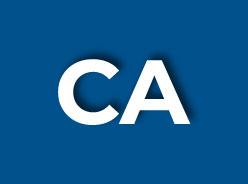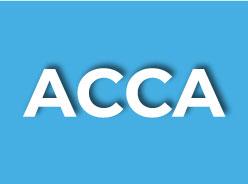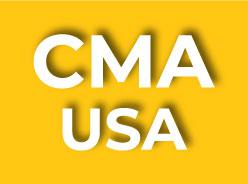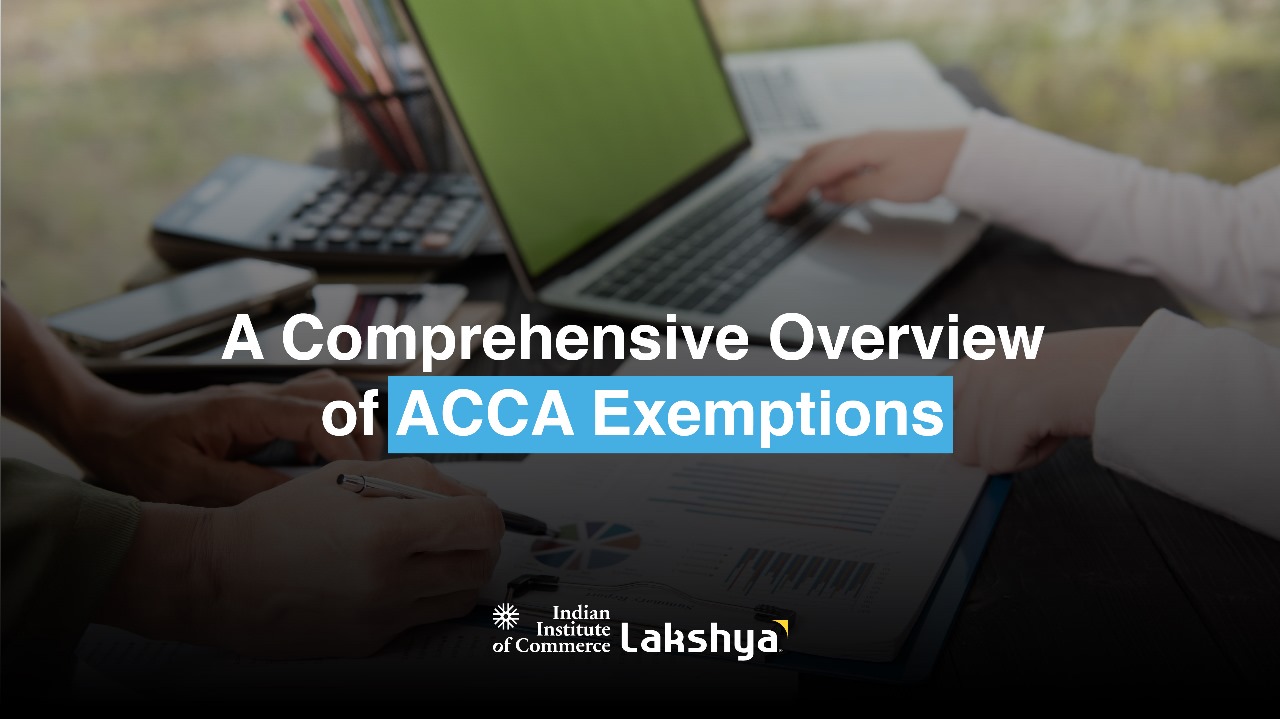An Overview of ACCA Exemptions
Embarking on a career in accounting can be a transformative journey, and the Association of Chartered Certified Accountants (ACCA) provides a structured path for aspiring accountants. One of the significant benefits offered by ACCA is the possibility of exemptions for certain qualifications. Understanding ACCA paper exemptions is key for individuals entering the program, as it can expedite their path to becoming a qualified accountant.
Understanding ACCA Exemptions
ACCA offers exemptions to individuals who have previously completed relevant qualifications. These exemptions acknowledge the knowledge and skills acquired in prior studies and enable candidates to bypass certain ACCA exams. The rationale behind exemptions is to avoid duplicating knowledge and facilitate a streamlined pathway toward ACCA membership. Without any exemptions, an aspirant needs to attempt and conquer atleast 13 papers to be an ACCA affiliate but if you are planning to attempt ACCA after graduation you will get relevant exemptions.
Eligibility for Exemptions
The eligibility for exemptions is determined based on the relevance and comparability of prior qualifications to ACCA's syllabus.
According to the ACCA the eligibility for paper exemptions is as follows:
BBA Graduates will get 3 paper exemption in the Knowledge level of ACCA exams.(BT,MA,FA)
B.com graduates will get 5 paper exemption for the papers(BT, MA, LAW, TX).
B.com graduates from Kerala university will get 6 paper exemptions (BT, MA,FA,LAW,TX,PM).
CA Inter qualified students without graduation will het 5 paper exemptions (BT,MA,FA,TX,AA) and CA Inter qualified students with graduation will get 6 paper exemptions (BT, MA, FA, LAW, TX, AA).
A Qualified CA who is aspiring to complete ACCA will get 9 paper exemptions (BT, MA, FA,LAW, PM,TX, FR, AA, FM).
Benefits of ACCA Exemptions
One of the primary advantages of ACCA exemptions is the time and cost-saving aspect. Candidates with exemptions can progress more swiftly through the ACCA qualification, avoiding the need to re-study subjects they have already mastered. This not only accelerates the path to becoming a qualified accountant but also reduces the financial investment required.
Another significant benefit is the flexibility it offers to individuals. It enables candidates to focus on areas they might be less familiar with, ensuring a more personalized learning experience tailored to their needs and maximizing their chances of success in the exams.
Points to Consider
While exemptions can be advantageous, candidates should carefully assess whether to avail themselves of them. It's crucial to evaluate the depth of knowledge covered in the exempted subjects and consider revisiting these areas for a comprehensive understanding.
Moreover, it's essential to bear in mind that exemptions are not guaranteed and are subject to assessment by ACCA. Each case is evaluated on its own merits, and ACCA's decision is final.
Conclusion
In summary, ACCA exemptions offer a valuable opportunity for individuals with prior relevant qualifications to accelerate their journey toward becoming a chartered certified accountant. These exemptions, while advantageous, require thoughtful consideration, ensuring that candidates are fully equipped with the knowledge and skills necessary to excel in their future roles.
For a detailed assessment of your eligibility for ACCA exemptions and further information, it's recommended to refer to ACCA's official website. Understanding the process and the criteria for exemptions is pivotal for candidates considering ACCA as their pathway to a successful career in accounting.
For a comprehensive understanding of the exemptions and their implications on your ACCA journey, refer to ACCA's official website and utilize their tool for assessing eligibility.

 ABOUT LAKSHYA
ABOUT LAKSHYA  WHY CHOOSE LAKSHYA
WHY CHOOSE LAKSHYA  MISSION AND VISION
MISSION AND VISION  CHARTERED ACCOUNTANCY (CA)
CHARTERED ACCOUNTANCY (CA)  ACCA
ACCA  CMA-USA
CMA-USA  RESULTS
RESULTS 


